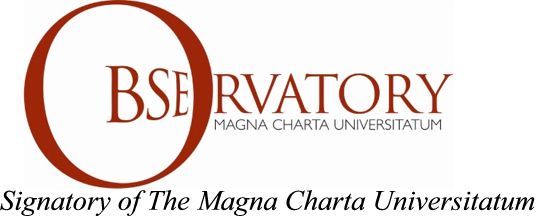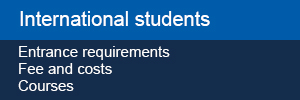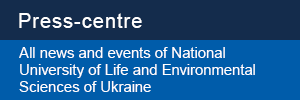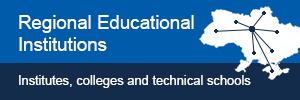From Kyiv to Indiana: NUBiP of Ukraine and Purdue University Launch International Collaboration
On May 19–20, 2025, NUBiP of Ukraine and Purdue University (Indiana, USA) signed a Letter of Intent to expand their bilateral cooperation. The document was signed by NUBiP Rector Professor Vadym TKACHUK and Dean of the College of Agriculture at Purdue University, Professor Bernard ENGEL.
Purdue University, located in West Lafayette, Indiana, is one of the largest public research universities in the United States, founded in 1869. It has the largest student body in the state of Indiana and ranks ninth nationally for the number of international students enrolled. Purdue University is known for its strong academic reputation, powerful research centers, and innovative approaches to solving global challenges.
The College of Agriculture at Purdue University ranks third among agricultural colleges in North America and fifth worldwide according to the QS World University Rankings (2023). Faculty and researchers at the college are actively engaged in sustainable agriculture, biotechnology, and food security, with external research funding exceeding $85 million in the last fiscal year alone. In addition, Purdue University boasts a highly ranked engineering school, consistently recognized among the top in both national and international rankings.
Purdue University is the alma mater of 27 astronauts, including the legendary Neil Armstrong, the first person to walk on the moon. The university is deeply committed to international collaboration, with over 400 partnerships worldwide involving universities, NGOs, private companies, and government agencies. Purdue University ranks third among U.S. public universities for international student enrollment, and its faculty and staff include more than 1,500 international professionals from 84 countries.
The partnership between NUBiP of Ukraine and Purdue University aims to combine the expertise and resources of both leading educational institutions to advance education and research. The Letter of Intent outlines key areas for future collaboration between the two institutions, including:
- academic mobility for faculty and students;
- joint scientific research and educational projects;
- technical support and other forms of collaboration.
The agreement established by the Letter of Intent is valid for five years, with the possibility of extension. Representatives from both universities expressed confidence that this partnership will serve as a foundation for productive cooperation, knowledge exchange, and the implementation of joint initiatives for the benefit of the academic communities in both countries.
As a result, the partnership between these universities opens new opportunities for students, faculty, and researchers in both countries, supporting the advancement of modern knowledge, innovation, and international experience.
Maksym KLYMENKO









